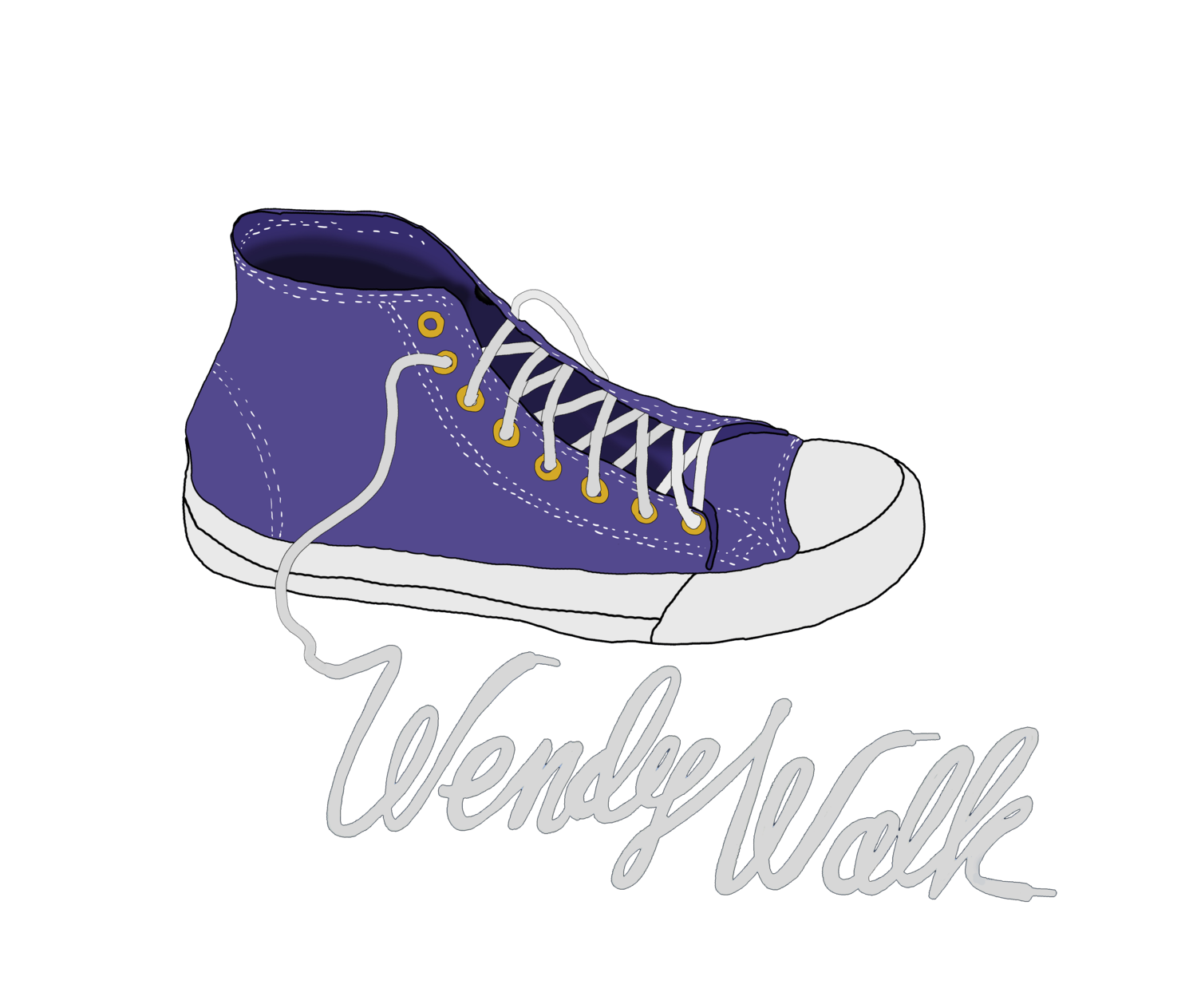Every year around this time, I feel a barrage of tiny pangs of sadness, and then of regret. As my e-mail inbox fills with “Show Dad How Much You Care” subject lines, as restaurants and ballparks advertise their Father’s Day specials, I think, “I wish I hadn’t seen that reminder that he’s gone.” And then, in the next moment: “Daniel, don’t be self-centered, think of all the fathers and daughters and sons and mothers who are honoring love and family today.”
My father died at 54, eight and a half years after he was first diagnosed with cancer at 46. His death, in January of 2003, was preceded by months of painful suffering as chemo and radiation failed to turn the tide of the cancer in his bones. He lay in our living room, and I took time away from graduate school to be with my mom and help nurse him through his last Colorado winter. In the final months he apologized to me often: “You shouldn’t be taking care of me; it’s my job to take care of you.”
But even in those waning days as I was helping him through the indignities of a body that failed him, he was still fathering me. He was still teaching me about joy, about gratitude, about forgiveness. I am the oldest of four. On our last Thanksgiving we took a walk on a chilly afternoon near Cranmer Park. His vertebrae crumbling in the grip of tumors, Dad had endured the shooting pain of being lifted into his wheelchair. The five of us clustered around him like bodyguards as we walked, trying to fend off the chill of a steely gray November day that is a Colorado winter’s prelude. He announced, “Hey guys, we’ve got it!”... a loving, cheerful reminder to be grateful before the end that we knew was coming.
A few weeks later, not long before he died, he turned to me one evening and said, “If one of your siblings ever gets into trouble, don’t get angry.” He paused to gather breath. “Ask yourself, ‘What is the most loving way to act right now?’” Another pause. “And then do that.”
If you had asked me before I lost my father how I would cope, I would have said that I would be lost in life. He was my best friend, and the conversations I had with him as an adolescent and young adult were the mirror by which I came to know myself.
And yet I have found, of course, that his voice has never left me. Almost fifteen years later, I still think of him every time I drive up I-70 and see the mountains he loved. Every once in a while I still put my ski poles on my head like giant antennae, the way he used to do to entertain us as kids. When I feel challenged or sad or lonely, I still talk with him, reaching out across the years.
My dad wasn’t perfect. No dad is, and some are more obviously flawed than others. But on Father's Day, we’re not just honoring particular dads, but also an ideal. For fatherhood is more than a category of relation, it is a description of a collection of virtues — we can all tell each other what a good father is: Someone who is loving, who is forgiving, who is guiding, who protects us and frees us to be our best selves, who helps equip us to pursue happy lives of our own.
… In moments like this, we must all lead; we must choose to demonstrate the qualities we honor on Father’s Day. And we can do this. We can show grace and compassion in our dealings with one another, even when we disagree. We are all in this together, after all. We can take time to be grateful, and use our gratitude as an affirmative motivation to keep working to address the challenges we face as a society. We can dust ourselves off when we face setbacks, and tackle the future with determination and grit.
For those celebrating with a dad today, hug him close and celebrate not just his love but all love, not just one family but all families, including our American family. And to all those who have lost their fathers — or mothers — or who never knew a parent, let’s join in the celebration of the fathers who are and of the fathers who were. And let’s use this Father's Day as an opportunity to reflect on the laudable qualities that fathers and mothers represent to us, and aim to take the lessons they taught us, and that the ideal of fatherhood holds out for us, to heart.

